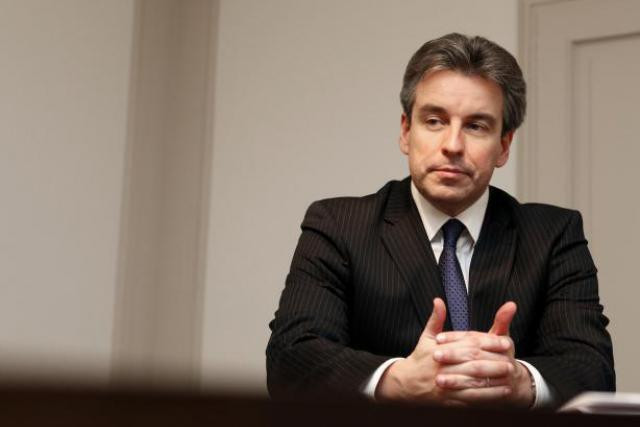In Luxembourg, international education day didn’t stir much joy. The heated discussion lasted more than half an hour, and yet no consensus was reached between Meisch and Patrick Arendt, the president of the SEW.
The two parties agreed, at least, on one point: relations between the two sides were better in the past. Arendt criticised the minister for excluding his union from reform discussions because they disagreed with some of his political approaches. Arendt explained during the interview with RTL:
“We experienced that the many passed reforms are not discussed beforehand with the unions and people from the sector. In the mornings, there were press conferences where Meisch presented them and then, in the afternoon, he invited us to explain what they wanted.”
Arendt also said that the necessary motivation to change the education system was apparent back in 2009. However, he argued that only “structural reforms and additional administrative tasks do children no good.” Meisch, however, said that even though the “ministry was trying to make ends meet,” the union would counter every proposal.
Overburdened with administration
In relation to differentiated instruction and children with special needs, Arendt noted that the new reforms made it more difficult to support children with special needs, as teachers were overburdened with administrative tasks:
“In the last 10 years, we have lost 5,000 to 8,000 school hours on national level, which used to help schools to organise tutoring lessons for children with special needs. These places were obliterated. When talking to people in schools, specialised help doesn’t reach the children who really need it. The specialised teachers are now in regional offices, they see their tasks in managing administrative dossiers. The administration is massive and specialised workers who are supposed to work with children are first and foremost stuck behind administration.”
According to Meisch, however, this claim wasn’t based on real facts:
“150 specialised teachers are directly sent to schools and are not posted to regional offices. The schools will decide how they are positioned to guarantee an inclusive approach. These are people who teach and who work with children, people who have a distinct training and that’s where the gain is because they can respond more specifically to children with special needs. Moreover, we have the regional structures.”
Patrick Arendt of the SEW teachers union, in a portrait published on the SEW website
Privatisation of public schools?
Another harsh criticism addressed the privatisation of public schools, such as Lycée Michel Lucius, where an Anglophone educational system has been put into place for more than a third of the classes. Arendt said during the RTL broadcast:
“The secondary school department is governed by Pearson, a huge education company that is well represented in Africa and much contested for their high profit orientation.” According to Arendt, “the ministry pays for their infrastructure, programmes and teachers. And the exams will be corrected in Britain.”
Meisch interrupted, saying that incorporating a different system aims to respond to the high heterogeneity of students in the country:
“We are doing this with systems that work because we also need an international comparability. What are we telling parents who are here with their children but don’t know whether they are going to stay? They also want an offer in education with which they can continue in a European or non-European country later on.”
Arendt, however, didn’t agree with the minister and stressed that the introduction of different educational systems would generate a “fragmentation of the school environment,” in which elite schools would create a competitive educational system.
As a final point, both parties commented on how the career of primary teaching should be modified in order to attract more students. While Arendt believed that the internship system would benefit from a reform, Meisch deemed that unions and other political forces shouldn’t create fear about teachers’ jobs.

